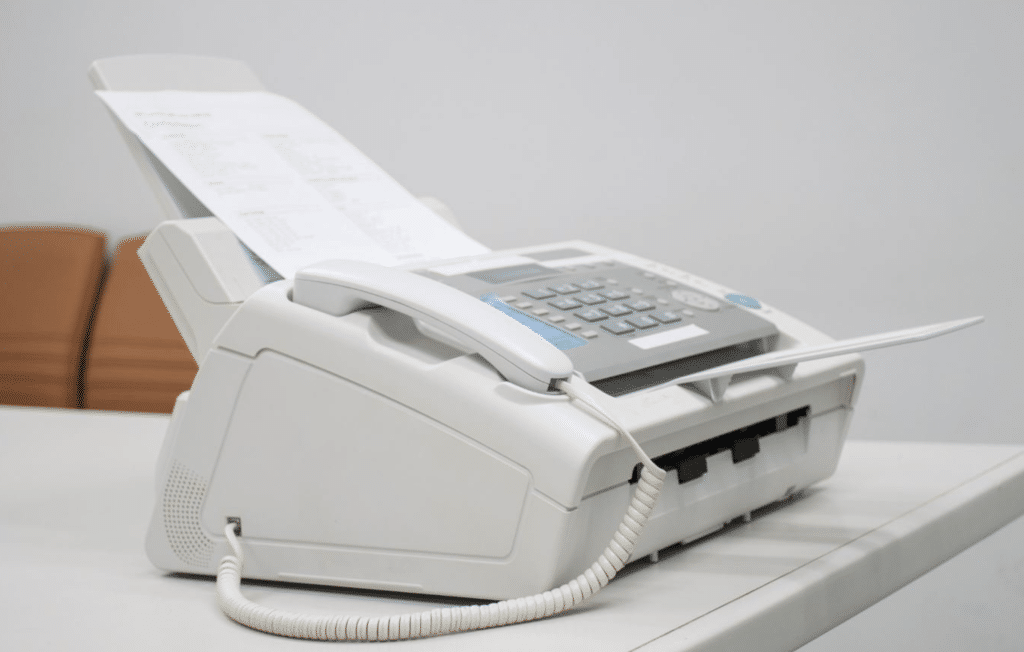Some people assume that faxing is an outdated mode of communicating information, when in fact, it’s still used extensively in a specific set of industries that prioritizes privacy and data security. The healthcare industry is the best-known example, but it’s not just doctor’s offices and hospitals that can benefit from business solutions that protect data privacy. Read on to find a brief guide to online faxing for improved data privacy.
Who Needs Secure Faxing Solutions?
By far the most common reason for businesses to be looking for a HIPAA compliant faxing solution is working in the healthcare sector or providing services to a medical office. However, other businesses also handle sensitive data. Anyone working in the financial industry, for example, or the legal sector, needs to have a business solution in place for protecting clients’ data privacy.
How Online Faxing Works
The process of sending an online fax is not dissimilar to using a standard fax machine. The person sending the document scans it to a computer, where it is converted into digital information that can then be sent over the Internet to the intended recipient. On the surface, this occurs in much the same way that traditional faxes had to be scanned for conversion into digital audio tones and sent via telephone lines.
When using online faxing, the information is typically transmitted as a digital attachment through either a secure email or a web-based system. These digital faxes can then be sent to either analog fax machines or email inboxes. Either way, the data being conveyed is thoroughly protected.
Data Privacy Measures to Look For
Not all online faxing services provide the level of data privacy required to meet strict data privacy standards in certain fields, so it’s important to look for a reputable service provider. The best option is to choose an online faxing service that specializes in working with clients in highly regulated industries. After all, HIPAA-compliant web faxing isn’t just for doctors’ offices. The same privacy and security features also offer unique benefits to lots of other businesses. Look for measures such as:
- End-to-end encryption
- Multi-factor user authentication
- Account-level permission controls
- Automated session timeouts
- Secure connections
- Advanced data center security
Look for a faxing service that implements the same strict privacy safeguards whether users are accessing the system via email-to-fax, web portals, or APIs.
How to Protect Information Sent to and From Legacy Fax Machines
Some businesses prefer to integrate their legacy fax machines into modern, web-based secure faxing interfaces. While that’s safe to do with the help of the right HIPAA-compliant online faxing service, there are some additional concerns that need to be addressed. More specifically, business owners need to implement protocols for using Internet-enabled machines that ensure privacy on a strictly physical level.
Unfortunately, the most advanced online faxing security protocols in the world won’t help a company whose employees don’t take client privacy seriously. Leaving faxes in the machine, failing to send cover letters that comply with industry standards, or failing to secure paper documents are all innocent mistakes that can easily lead to data losses and violations of privacy.
Make the Switch to a More Secure Option
Businesses in many industries exchange sensitive information with clients, partners, and remote employees every day. Using an online faxing service instead of risking email communications can help those businesses protect themselves and their clients.
